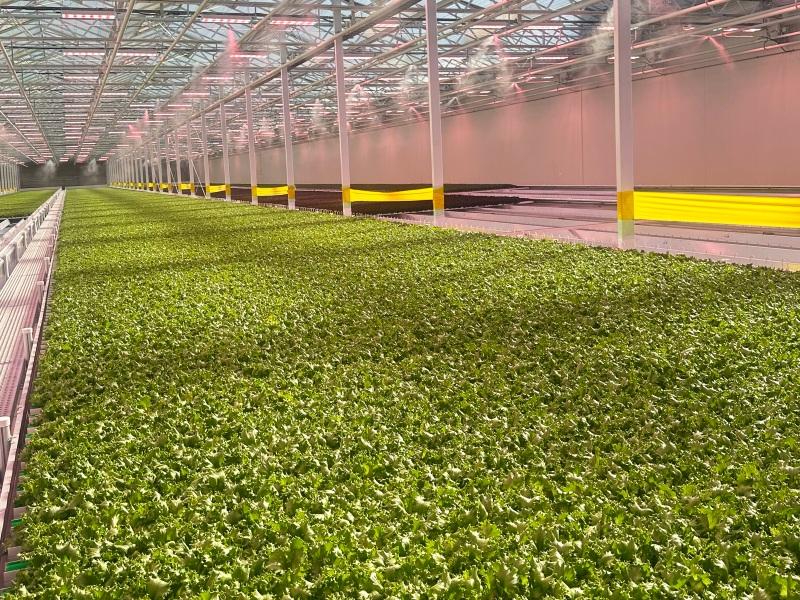GUEST SUBMISSION: Canadian businesses haven’t had it easy in the last year, from tariff disruptions to shifting political and economic tides. This only increases the need for businesses to look at creative and innovative ways to protect their bottom line.
World Sustainability Day is coming up on Oct. 26th, offering a timely opportunity to explore how sustainable policies and practices can benefit not only the planet but also Canadian business owners.
Before we get into the “how” of blending your everyday business practices with sustainability, let’s explore the “why.” In the same way that each and every one of us as individuals has a responsibility to protect our planet, so do our businesses. This is especially important when we live in a country that prides itself on our natural resources, landscape and a culture that celebrates our breathtaking natural environment.
To illustrate the importance of this “why,” consider this: in 2022, a record 62 million tonnes of e-waste was produced, an 82 per cent increase from 2010, according to the United Nations. It predicts this figure will rise another 32 per cent by 2030, reaching an estimated 82 million tonnes. E-waste encompasses discarded electronics like phones, laptops, keyboards, or any of the gadgets that we are accustomed to using in an office setting.
In other industries, such as hospitality, hotels across Canada contributed 1.41 kilotonnes of greenhouse gas emissions in 2019, according to Statistics Canada. This represents nearly three-quarters of the total greenhouse gas emissions from the tourism industry's accommodation sector.
Businesses in Canada, across all industries, have the potential to negatively impact our natural environment. As we seek to protect our planet and improve our business practices, it is important to understand how this will impact a business’ bottom line.
The business case for sustainability
A 2025 study conducted by the Center for Sustainability and Excellence showed a 92 per cent correlation between companies with medium to high environmental, social and governance (ESG) ratings and their profitability across North American businesses. This underscores the growing and undeniable influence that well thought out sustainability practices have on corporate success and financial performance.
To add to this, integrating sustainability into your business model offers many tangible benefits. It can significantly decrease operational costs by optimizing resource use and reducing waste across various processes, such as working with Canada’s Electronic Recycling Association to donate or buy e-waste.
For the hospitality industry, this could mean looking at reducing plastic waste. Our team has extensive experience in this area, driving both environmental benefits and significant cost savings.
Take Atlantis Casino Resort Spa in Reno, Nevada. They saved one million single-use water bottles annually by switching to a sustainable water system. Similarly, Auberge Saint-Antoine introduced an integrated water system for filtered, chilled, still and sparkling water on-site. This move eliminated 60,000 single-use plastic bottles and over 60 truck deliveries each year, saving $42,000 annually while dramatically reducing their carbon footprint.
In addition, it can actively help a business future-proof against evolving regulations, consumer demands and environmental risks when sustainability and environmental impacts are taken into account, according to BDC. Focusing on efficiency through sustainability initiatives can often maximize output while simultaneously minimizing waste, leading to leaner operations.
Beyond cost savings, prioritizing sustainability can have an impact on employees and clientele. Promoting sustainable events like company beach clean-ups, clothing drives, or environmental initiatives can work to create a sense of belonging and meaning within the workplace. This, in turn, can improve talent retention and attraction.
From the consumer point of view, a company’s stance on sustainability can have a positive impact on their desire to spend money with the company. A 2023 McKinsey survey revealed that 66 per cent of all consumers, and an even higher 75 per cent of millennials, prioritize sustainability when shopping. This trend is particularly strong in Canada, where 78 per cent of consumers rate environmental impact as a key consideration in their buying habits. Clearly, businesses must adjust to meet these evolving consumer values.
Why your business needs sustainability
The advantages of integrating sustainability into your business can be universal. This applies to cost savings, employee trust and building a strong rapport with the consumers and clients that your industry serves.
Not only is there a business case for this, but a compelling moral one as well. Businesses that promote sustainability through everyday policies are setting a positive example for where Canada’s economy needs to go. We can not only lead the charge for environmentally conscious businesses, but also direct our economy toward a sustainable future.










